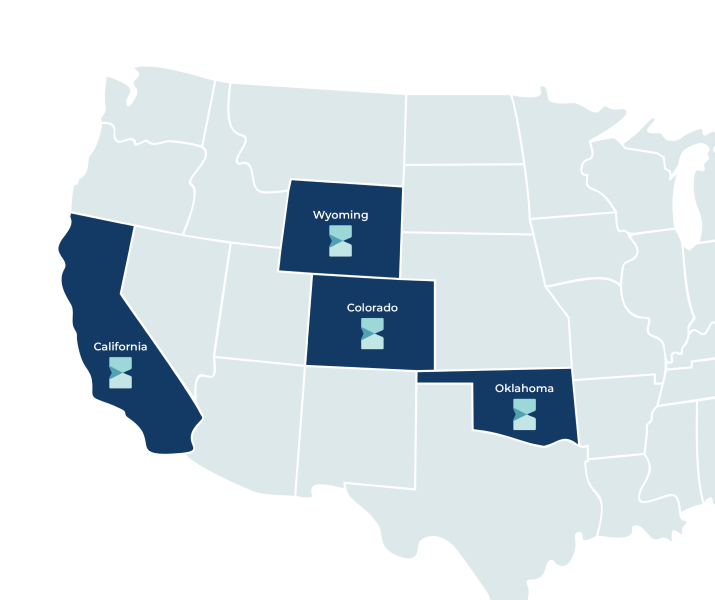
6 Tips for Managing Bruxism
Bruxism (also known as teeth grinding) is a harmful dental condition that can be managed with the right tools.
Do you find yourself waking up with morning headaches? Biting into food with soreness in your jaw? Or maybe you’ve noticed you’re clenching your teeth all the time? If these symptoms ring a bell, you might have bruxism — also known as teeth grinding. Bruxism is a common condition for children and adults alike.
Is Bruxism Dangerous?
Even though teeth grinding might seem like a minor annoyance, bruxism can take a serious toll. Long-term consequences of teeth grinding can include persistent headaches, painful jaw muscles, lockjaw, dental sensitivity, and even fractured and worn-down teeth. Fortunately, there are many ways in which you can treat bruxism and avoid its harmful consequences.
Before you decide on how to treat your bruxism, you should figure out what may be causing it. There are plenty of causes of teeth grinding, including anxiety, alcoholism/smoking, or dental misalignment. When you understand what’s causing your teeth grinding, you can reduce your bruxism and protect your dental health down the road.
Here are six tips for managing bruxism:
- Use a mouthguard
If you find yourself grinding your teeth, your dentist might prescribe a protective mouthguard. Plastic mouthguards help to separate your top teeth from your bottom teeth, and to position your teeth properly.
Many people who suffer from bruxism find themselves grinding their teeth at night. Mouthguards are especially useful for night-time teeth grinders, since it’s not realistic to wear a mouthguard during the daytime. If you’re looking for an easy solution to bruxism, ask a dentist about a mouth guard.
- Managing your anxiety
Feeling on-edge lately? That may very well be the explanation for your teeth grinding. Anxiety is a major cause for bruxism.
Maybe you know exactly what is making you anxious, or maybe you have a generalized anxiety that’s hard to pinpoint. Easy ways to manage your anxiety include practicing regular meditation, setting up a calming routine before bed, and engaging in healthy self-care practices. If your anxiety is persistent, consider consulting a licensed psychologist or clinical social worker.
- Changing your lifestyle habits
Lifestyle habits can play a major role in your anxiety, and in causing bruxism. If you are working just before bed, or if you are mostly sedentary, your anxiety can skyrocket. Simple changes to your daily routine like getting more exercise, improving your nutrition, and keeping your work life and personal life separate can be key to managing bruxism.
- Realigning your teeth
Your bruxism might not have anything to do with anxiety — one of the major causes, especially in children, is misaligned teeth. If your jaws have a difficult time fully closing due to misaligned teeth, they can slip and slide each time your mouth closes. To correctly align your teeth, consult a dentist for a corrective solution like braces or Invisalign.
- Drink less coffee
Before looking for a night guard or asking for braces, people who regularly drink caffeine should take note: the solution may be right in front of you. Caffeine raises your heart rate and your blood pressure, which can lead to nervous habits like bruxism.
- Quitting drinking and smoking
A recent study published in the Journal of the American Dental Association concluded that chronic alcohol and tobacco use can lead to bruxism. In addition to many other health consequences of alcohol and nicotine dependency, these substances can lead to shallow sleep cycles and increased anxiety, both of which contribute to teeth grinding.
Getting treatment for teeth grinding
If you have a problem with teeth grinding, a good dentist can help you find an appropriate solution. At Espire, we offer a variety of services to treat patients with bruxism. Our qualified dentists can help to fit a night guard, repair cracked or worn-down teeth, treat TMJ (pain in your jaw muscles), and more. Your smile is too important to wait. For bruxism treatment in the Denver metro area, request an appointment at Espire today.

Stop putting off your smile
Book your visit now—it’s easier than you think
Find your Espire location
